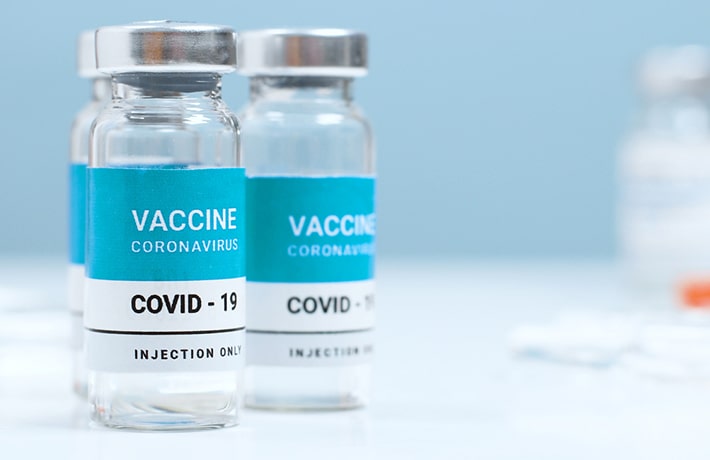06-21-2021 |
New EEOC Guidance on Vaccinations
By: Danielle Smid

As Americans continue to be vaccinated in the wake of the COVID-19 pandemic and pursuant to CDC recommendations, the Equal Employment Opportunity Commission (“EEOC”) updated its COVID-19 guidance on May 28, 2021, regarding employers and COVID-19 vaccines. The new EEC guidance on vaccinations update is in the form of Q&As relating to mandatory vaccination policies, accommodation, confidentiality, and incentives.
The updated guidance reiterates the EEOC’s original position taken in December 2020 that employers can mandate that all employees who physically enter the workplace be vaccinated. Such mandate, however, is subject to reasonable accommodation for disability including disability resulting from pregnancy-related conditions, or sincerely held religious beliefs. Additionally, the EEOC specifically noted that “because some individuals or demographic groups may face greater barriers to receiving COVID-19 vaccination”, employers with mandatory vaccination policies should be conscious of whether the policy has a disparate impact on certain employees based on a protected characteristic. Also, because pre-vaccination screening questions may elicit information about a disability, the Americans with Disabilities Act (“ADA”) requires that the questions must be “job-related and consistent with business necessity.”
Reasonable Accommodation
As noted above, employers may require employees in the workplace to be vaccinated subject to reasonable accommodation for disability, pregnancy-related conditions, and sincerely held religious beliefs. Employers with mandatory vaccination policies should notify employees that requests for reasonable accommodation will be considered on an individualized basis. Requests for accommodation from the vaccine mandate should be handled the same as any other request for accommodation. Employers must engage in the interactive process with the employee to determine what is the best course of action going forward.
The guidance further notes that even a fully vaccinated employee may request a reasonable accommodation based on a disability-related concern that he or she is at risk from COVID-19 exposure. Employers should address such a request as it would any other accommodation request and engage in the interactive process with the employee pursuant to the ADA mandates.
Confidentiality
Pursuant to the guidance, employee documentation or confirmation of COVID-19 vaccination is confidential medical information under the ADA. While the ADA does not prohibit employers from requiring proof of vaccination, such information must be kept confidential and stored in a medical file separate from the employee’s personnel file.
Vaccine Incentives
Pursuant to the guidance, employers may encourage employees and their family members to be vaccinated. In doing so, employers may provide employees and their family members with information to educate them about COVID-19 vaccines; raise awareness about the benefits of vaccination; address common questions and concerns; under certain circumstances off incentives to employees who receive the vaccines.
Employers can offer incentives for employees to voluntarily provide confirmation of vaccination, so long as no genetic information is acquired while administering the vaccines or obtaining confirmation. For vaccinations offered by the employer or its agent, the incentive offered cannot be “so substantial as to be coercive” so as to prevent employees from feeling pressured to disclose protected medical information.
While vaccine incentives are permissible for employees as described above, employers should be careful when offering vaccine incentives for employee’s family members when the vaccine is offered by the employer or employer’s agent. If providing an incentive to an employee’s family member would require the family member to answer pre-vaccination medical questions, it could result in a violation of GINA which prohibits employers from providing incentives in exchange for genetic information.
Meet the Author:

